- Thursday, April 24, 2025
The retired commodore said while bilateral relations between New Delhi and Beijing were set to witness turmoil, their bilateral trade may not be affected as the two are interdependent in trade.
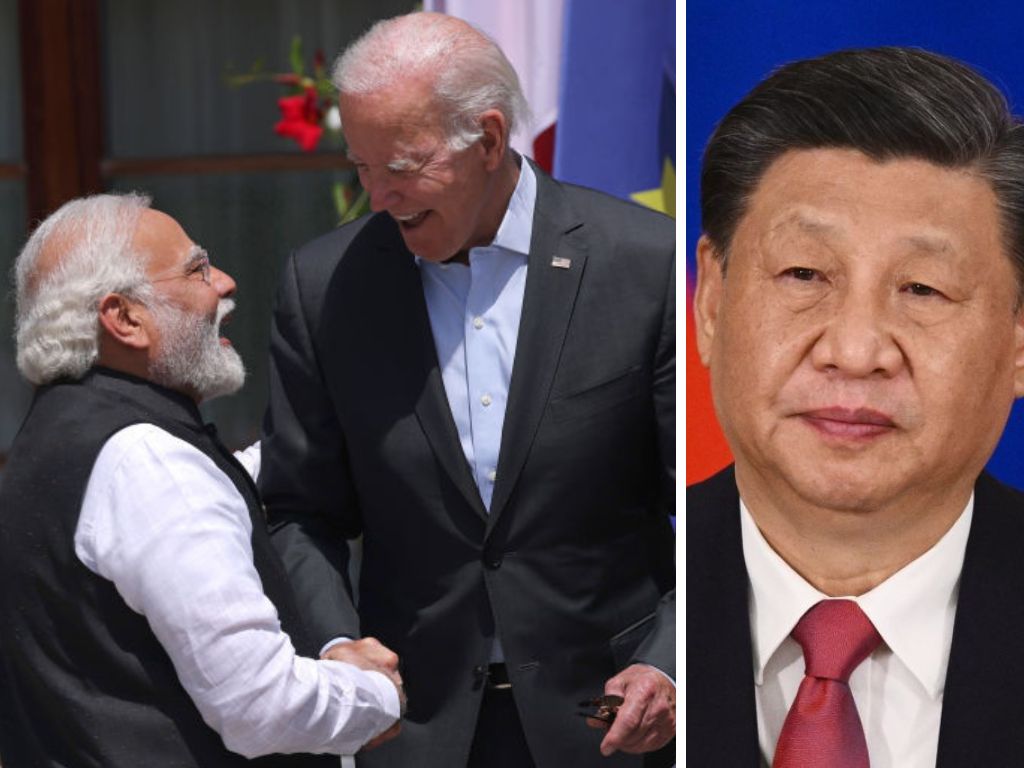
By: Shubham Ghosh
INDIAN prime minister Narendra Modi’s state visit to the US in June generated a lot of excitement in both the democracies. The tour saw the two sides agreeing over a range of issues, related to strategic, technological and economic. However, there were also opinions from countries such as China that were less favourable towards the New Delhi-Washington bonhomie.
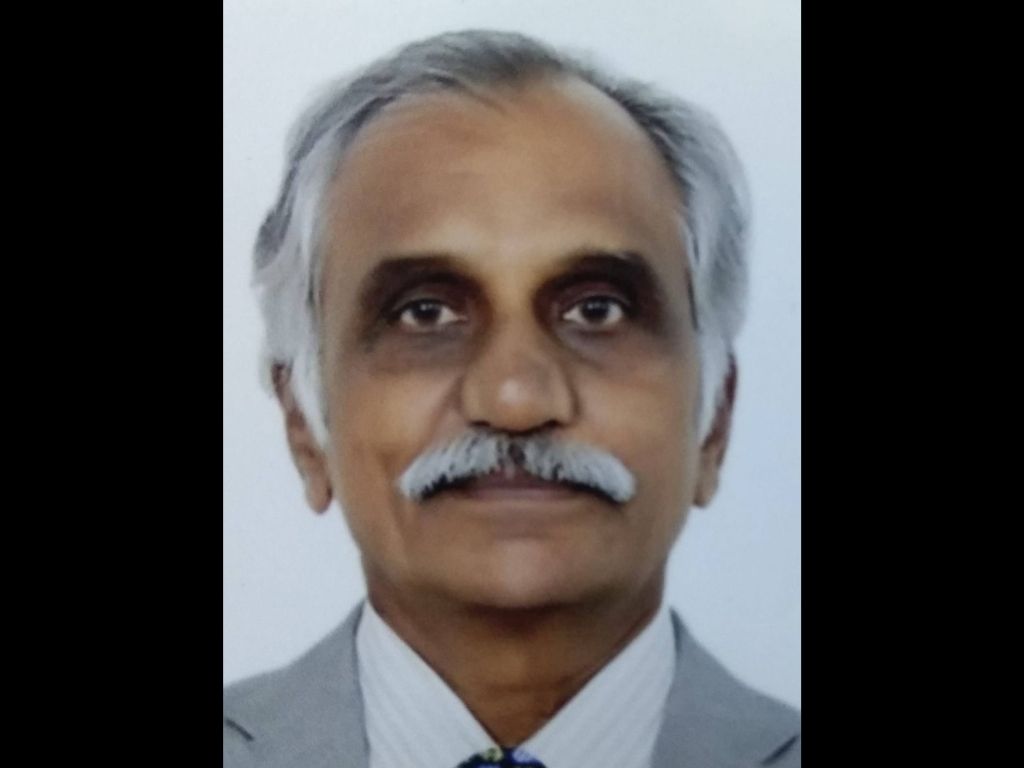
The Chinese media reacted to the Indian prime minister’s US visit saying Washington was trying to prop up New Delhi to contain Beijing but added that the two sides are not entirely aligned. It also warned that India’s economic ties with the US cannot replace its trade relation with China.
India Weekly spoke with Commodore (ret) Seshadri Vasan, director general of Chennai Centre for China Studies and regional director at Chennai Chapter at National Maritime Foundation over India’s ties with China in light of Modi’s recent visit to the US and he agreed that for Beijing, concerns will be high over heightened engagement between India and the US.
“China without doubts will be very concerned about the enhanced levels of all encompassing comprehensive relations in critical areas that challenge its position. Beijing has always posed obstacles to India’s aspirations by opposing its admission to the Nuclear Suppliers Group and the expansion of the UN Security Council. China has misused the provisions of its veto power to support Pakistan. China will seek all avenues to make it difficult for India,” he said when asked whether the Modi visit will have a serious impact on India’s ties with China.
According to Commodore Vasan, while bilateral relations between New Delhi and Beijing were set to witness turmoil, their bilateral trade may not be affected as the two neighbours are interdependent in trade. He said India-China bilateral trade has seen an upswing despite their border skirmishes that have continued along the Line of Actual Control for more than three years.
Commodore Vasan, who is a former regional commander coast guard Region East of the Indian Navy, said while analyses coming from China have warned against a third power destabilising the region, they have little realised that it is China which has destabilised the region by supporting Pakistan economically, militarily and strategically to contain India.
When he was asked about the remarks that Modi made in the US — “dark clouds of coercion and confrontation” are casting their shadow on the Indo-Pacific that are considered a veiled attack on China and whether the India-US partnership will take a solid shape vis-a-vis China in the days to come, Commodore Vasan backed the prime minister’s words and said the enhanced nature of India-US relations will compel Beijing to recalibrate its responses and review its actions. He added that it is unrealistic to expect China to change its ways.
“The reference to the dark clouds of coercion and confrontation by PM Modi is a real one and has affected China[s land and maritime neighbours. Many of the actions have affected global order and discipline. While it is unrealistic to expect China to mend its ways, the enhanced nature of bilateral relations with the USA will certainly compel China to recalibrate its responses and review its actions,” he said.
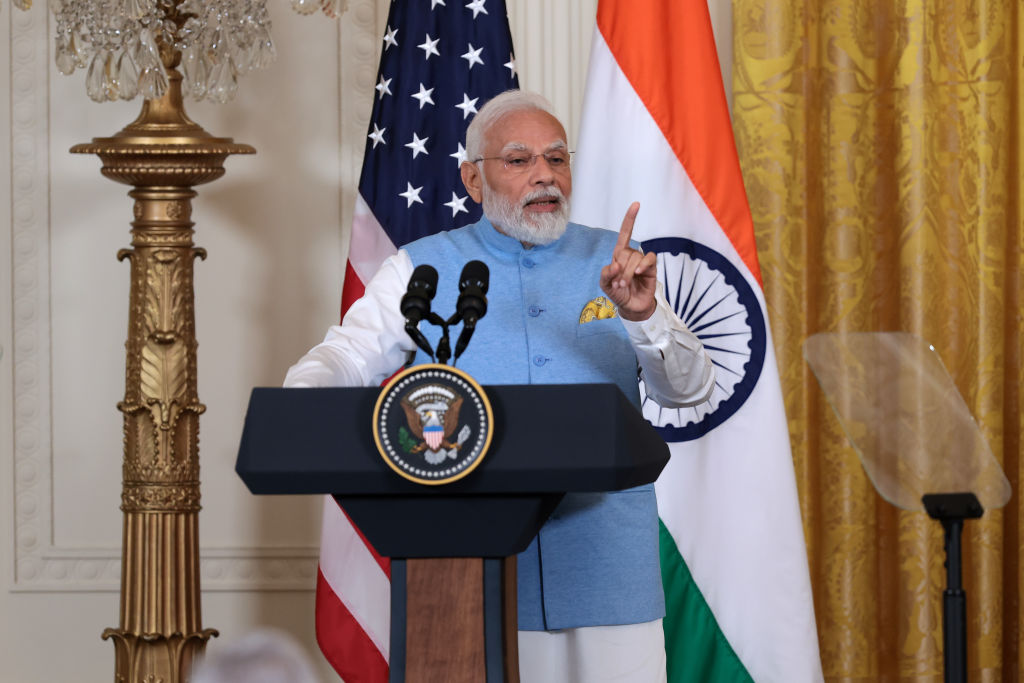
Commodore Vasan predicted China to go back to the ways of “biding for time while building its strength”. He said president Xi Jinping has to take care of the fact that his own image doesn’t take a beating at home by actions that can be interpreted as weakness.
“The notable areas of defence cooperation, high end technology transfers and initiatives for de-risking will have long lasting influence in the way India stands up to the bullying tactics of China and to certain extent may see some superficial changes in the way Xi Jinping responds to the challenges,” he said.
“However,” he added, “the ground realities of the day are in favour of India which has become a preferred destination for the global powers due to the growing status, leadership traits in global issues and the size of the market. With the positive outcomes post the visit of Modi, the bonds will only grow deeper and will help India to take on the challenges in a much better way.”
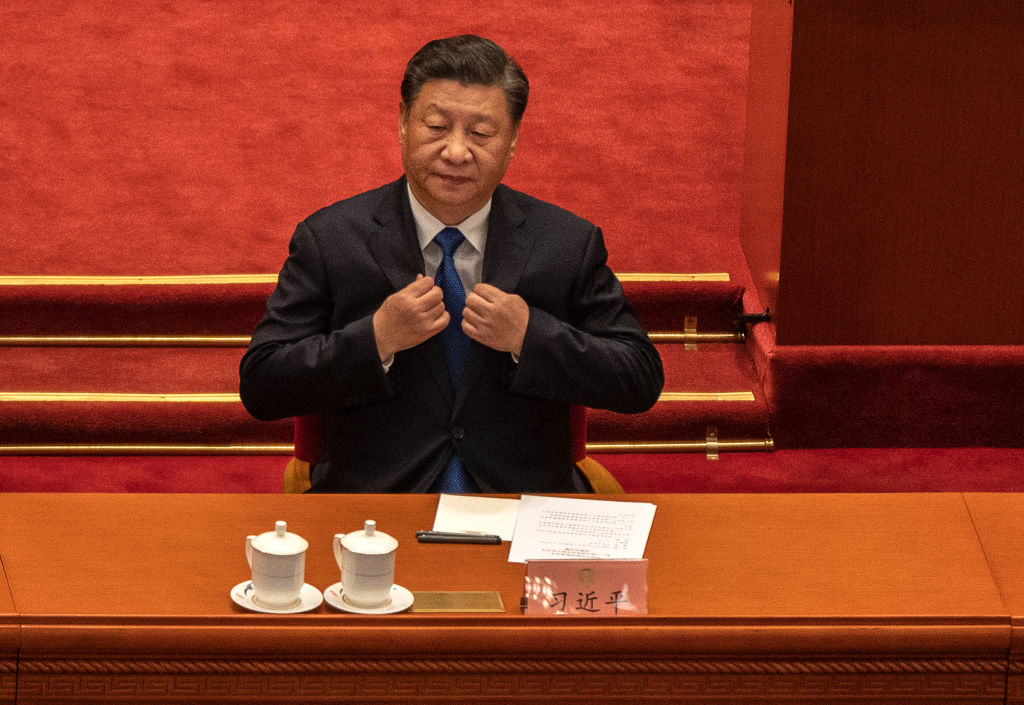
Commodore Vasan told the news outlet that by opposing China’s Belt & Road Initiative, India sent a clear message that unilateral actions that affect its growth and stature will not be endorsed.
On the question the four-nation Quadrilateral Security Dialogue or Quad comprising India, US, Japan and Australia, he said though not a military alliance, it still has the potential to synergise the capacity and capability of the partners to give credible alternatives to Beijing’s influence.
“With the support of the like-minded democracies and other willing partners, it is evident that India is in a much better position to take a calibrated stand to thwart China’s pressure tactics in different fora,” he told India Weekly.
Ahead of Modi’s visit to the US, Chinese media remarked that India’s economic ties with the US cannot replace its trade with China. Considering the fact that these economies are still connected to each other, is any form of confrontation is tenable in the current world set-up?
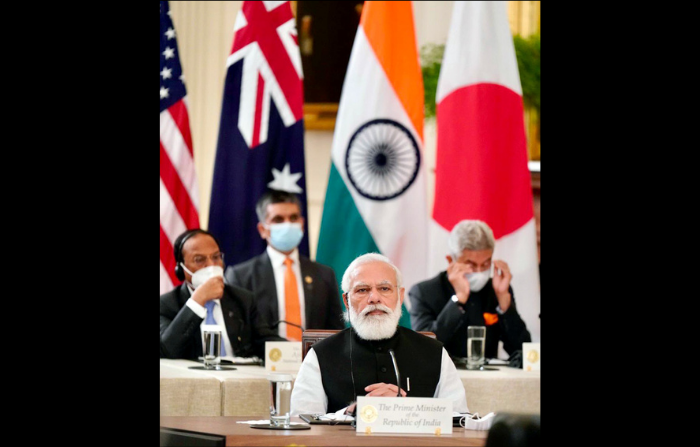
“This is true for all the global players and the levels of interdependence were accentuated by China’s monopoly well established for decades. The aim of many unfolding partnerships is to diversify the dependency and ensure de-risking to avoid a situation where China can apply the squeeze as convenient to bring the target country to comply,” Commodore Vasan said.
He added, “All the countries, China being no exception will try to avoid conflict as it would be too costly and have long term devastating implications. Being conscious of this factor, each country would have a strategy for conflict avoidance. PM Modi’s frequent assertion that this is not the era of wars is wise counselling and would be the mantra for the coming decades as long as there are sane leaders. However, short of a full fledged war, one can witness manifestation of other forms of economic, political, diplomatic, hybrid warfare.”
On India’s foreign policy which has seen a delicate act of balancing between the West and countries such as China and Russia, the retired Navy official said India policy of strategic autonomy will serve its long-term interests. He added that those willing to partner the South Asian nation have realised that it would not be part of any bloc, more so militarily.
“This option of issue based alliance would open up avenues for collaboration in many areas with the like minded without strings attached. The recent dialogue with the US has clearly indicated that India would not be a NATO Plus ally. However, there is bonhomie and cooperation in many areas of mutual benefit to both countries and other dialogue partners around the world,” he said.
On the possibility of an India-US alliance growing today on the lines of the US-China-Pakistan nexus as against an India-USSR in the 1970s, Commodore Vasan reiterated that it is highly unlikely that India would join a military alliance.
“However, there are enough provisions such as the LEMOA, CATSA and other such agreements that have enough options for both the countries to work together even in times of hostilities. Intelligence sharing, training and forward deployment at the tactical level would be a key feature of such mutually beneficial engagements,” he said.
Finally, speaking on the possibility of India’s closer ties with the US putting pressure on China on issues such as border clashes or shielding Pakistan-based terrorists at the United Nations, Commodore Vasan said Beijing would now act with greater caution and try to prevent confrontation.
“However, it would adopt and even escalate a hybrid form of warfare and also use all other forms of coercion and force to apply pressure on India. There will not be any surprise if it increases its efforts in India’s north-east (which borders China) to keep the tensions simmering. The fact that India has stood its ground and is now supported by the major powers of the world would to certain extent prevent China from its mischievous adventures along the LAC. There of course would be no doubts that it will continue to misuse the veto power to support its all-weather ally Pakistan which along with China, can pose challenges to India,” he added.
About Commodore (ret) Seshadri Vasan: An alumnus of the Defence Services Staff College, the Naval War College and the International Visitor Leadership Programme USA, Commodore Seshadri Vasan has had a distinguished service of over 34 years in the Navy and the Coast Guard. His appointments include command of warships, two major air stations and a maritime air squadron. He has participated both in the 1971 war and IPKF
operations.